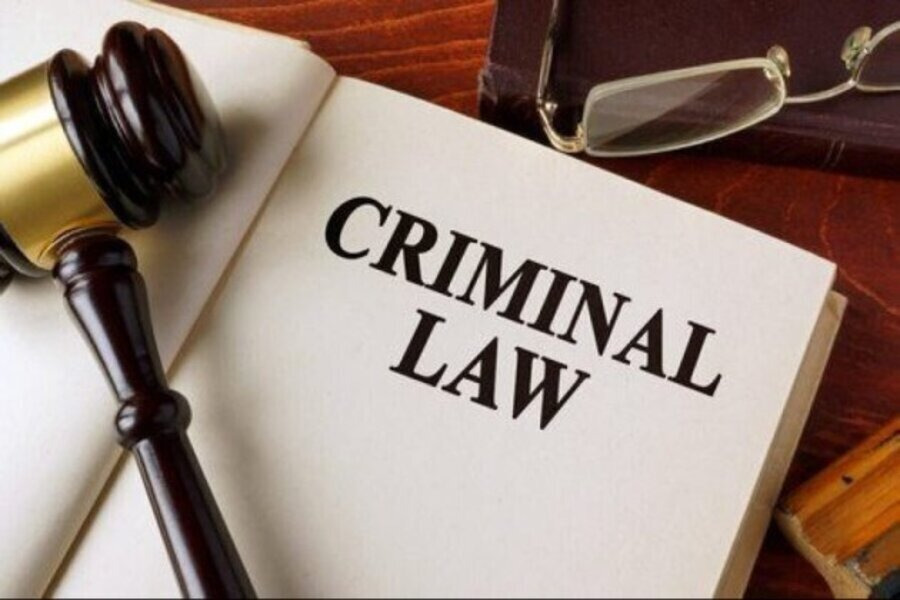Wrongful convictions are miscarriages of grave injustice, ruining lives often completely and weakening the trust of the people in the legal system. Criminal appeals are an essential way of redressing these wrongs by providing a chance to review and rectify. This article talks about how criminal appeals help in reversing wrongful convictions in ensuring justice is delivered in the system.
1. Understanding the Criminal Appeals Process
Criminal appeals involve the process whereby a higher court scrutinizes the decision of a lower court to establish whether there were flaws that affected the outcome of a case. Unlike in trials, appeals revolve more on questions of law rather than finding facts. The appellate court decides if there were legal or procedural mistakes that caused a wrongful conviction. It is also the process in which the convicted persons can challenge the verdict and reach a more balanced end.
2. Error of the Trials Identification
Errors that are discovered in the course of a criminal trial are another area where criminal appeals do much to wrongful convictions. This may be due to improper instructions of the jury, ineffective assistance of counsel, prosecutorial misconduct, or wrongful admission of evidence. In cases where such errors occur, appeal courts can have an opportunity to restore fairness during a trial and even confirm no wrongful conviction.

3. Review of New Evidence
Sometimes it is discovered that miscarriage of justice results in wrongful convictions because of the failure to disclose material evidence during the trial. In criminal appeals of conviction, the party appealing can introduce new evidence that might exculpate the accused. Among the most compelling grounds for a change of decision for conviction are DNA testing, a witness's recantation, or other new forensic methods available after the decision. The new findings will make the appeal process shine while searching for and correcting wrongful convictions.
4. Poor Legal Representation Challenge
A defendant has the right to effective counsel, yet many of the wrongly convicted use this reason due to incompetent attorneys. An appeal will show where prosecutors have not been able to adequately defend them through inexperience, negligence, or failure to prosecute the most important areas needed to win. If an Appellate Court feels that the conviction was wrongfully due to poor representation, then the appellate court can set aside judgment and order a re-trial.
5. Prosecutorial Abuse
Prosecutorial abuse, as through withholding of exculpatory evidence or giving false testimony, or merely through prejudiced conduct, could lead to miscarriages of justice. The right to appeal presents the opportunity of exposing and curing prosecutorial misbehavior. Appellate decision courts can order reversal of judgment or remand for retrial, thus redeeming the fair process of criminal procedure.

6. Judicial Reversal
Judges play a crucial role in ensuring fair trials, but judicial errors can sometimes lead to wrongful convictions. Mistakes in interpreting the law, allowing inadmissible evidence, or issuing biased rulings can impact the outcome of a case. Criminal appeals offer an opportunity for appellate courts to review judicial decisions and correct any errors that may have compromised the defendant’s rights. This process ensures that justice is served fairly and impartially.
7. Protection of Constitutional Rights
The U.S. Constitution provides rights to the accused of crime from due process to protection against self-incrimination. Violation of these rights is expected to end in wrongful convictions. This is where criminal appeals come in and ensure that constitutional rights are sustained. The appellate courts review if the trial process followed the constitutional rules; upon discovery of infractions, they have the power to reverse convictions in a bid to rectify justice.
8. Providing Space for Exculpation
Criminal appeals will provide to the wrongly convicted a way of exculpation. A conviction is reversed on successful appeal, and then there is either the awarding of new trials or annulment of the conviction. In such an appeal, a case against him nullified, repossessed with freedom, and compensation with adequate redress. Exculpation of wrongful conviction works in favor not just of those wrongfully convicted but to restitute the people's confidence in the correction mechanisms of the justice system.
9. Systemic issues in legal systems
Wrongful convictions often expose the deeper systemic issues in the criminal justice system. Through the appeals process, the patterns of legal failures, such as racial bias, unreliable forensic evidence, and coerced confessions, come to light. The identification of these issues propels legal reforms aimed at preventing future wrongful convictions. Appeals contribute to a more just system by exposing flaws and advocating for necessary changes in law enforcement and judicial practices.

10. Building Public Confidence in the Judiciary
The maintenance of proper law and order requires public trust in the system of law. Conviction of innocent persons blunts the sharp edges of this trust in the judiciary and the departments of law enforcing agencies. The process of appeal reaffirms to the public that the jurisprudence is a pursuit of fairness and a responsibility-guaranteeing enterprise. Criminal appeals prove that no one is above the law and that justice will be served regardless of how wrongfully it was delivered initially.
Criminal appeals play a very crucial role in redressing wrongful convictions through the identification of legal errors, review of new evidence, ineffective counsel, and judicial and prosecutorial misconduct. They open avenues for exoneration, bring to light systemic flaws, and uphold constitutional rights, thus strengthening trust in the justice system. In ensuring justice is met, the appeals process prevents irreversible damage from wrongful convictions and safeguards people's rights from miscarriages of justice.
